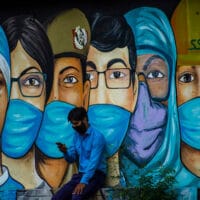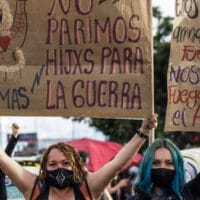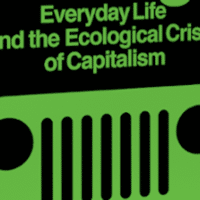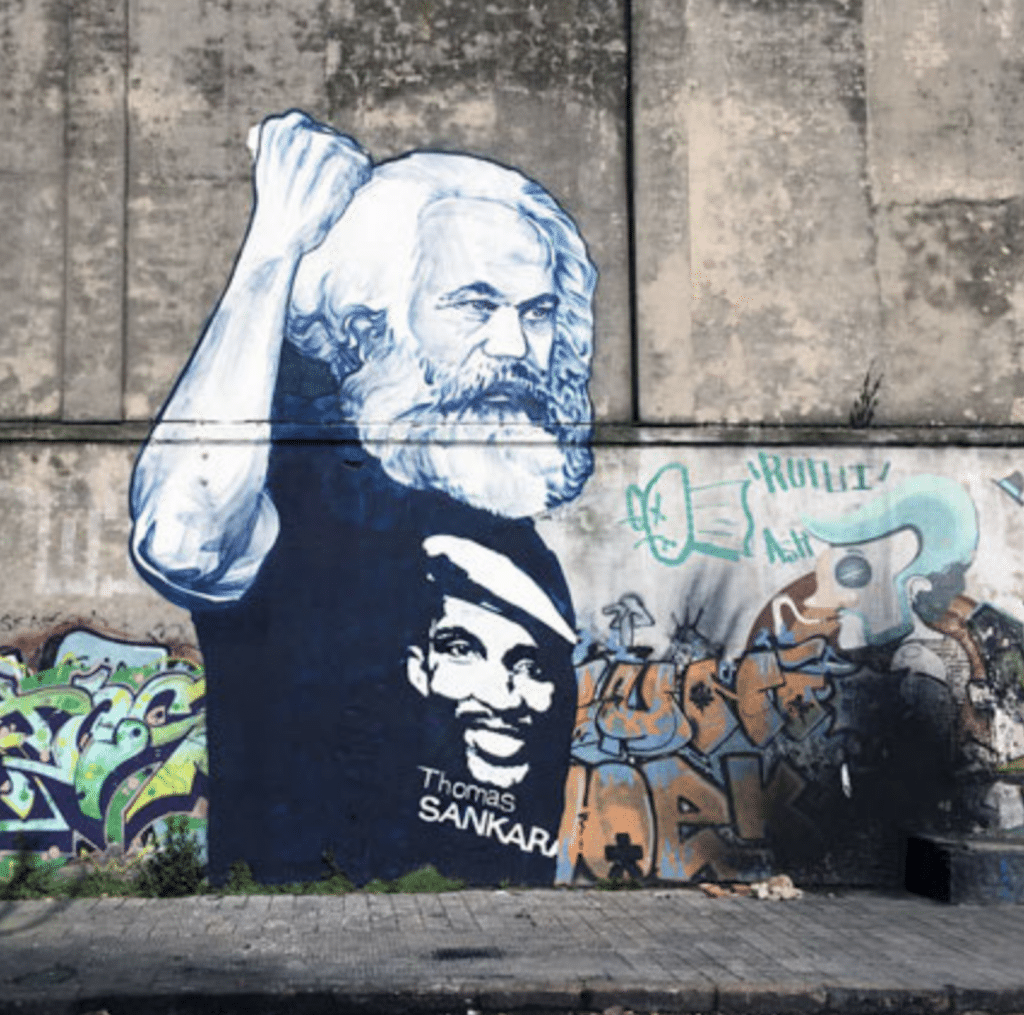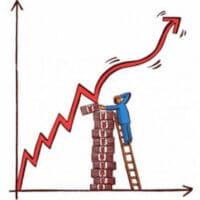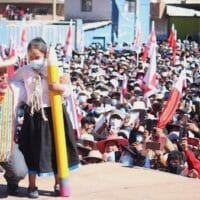-
Hiding the Union busters
The American Bar Association and corporate interests are trying to block a rule that would expose their anti-labor activities.
-
Decolonization and communism
While the turn towards analyzing ongoing settler-colonialism has finally reached the mainstream of North American political discussions, there is still a lack of popular understanding of the issues involved.
-
How billion-dollar foundations fund NGOs to manipulate U.S. foreign policy: A case study from Nicaragua
U.S. foreign policy is increasingly promoted by billionaire-funded foundations. The neoliberal era has created individuals with incredible wealth who, through “philanthropy,” flex their influence and feel good at the same time.
-
Inequalities are shaping how we’re fighting the Pandemic — and how we’ll remember it
COVID-19 infections in most countries have been hugely underestimated—not least because rich countries bought almost all the tests.
-
After decades of oppression, Colombian women lead front lines of National Strike
“Far too many women are fighting—not only for their rights, but for the rights of all,” says Yomali Torres, an Afro-Colombian activist. The 26-year-old joined throngs of women in the streets of Colombia over the past month to demand an end to patriarchal oppression at the hands of a U.S.-backed neoliberal state.
-
Sustainable Consumption: A view from the Global South
The global discourse on sustainability has revolved around the need to transition towards “Sustainable Consumption” ever since it was introduced during the 1992 Earth Summit chaired by Maurice Strong, a Canadian businessman who made his wealth from the oil and gas industry.
-
Everyday Life and the Ecological Crisis of Capitalism
The book suggests a number of important modifications to the critique of global capitalism and the debates about how to solve the ecological crisis: First, it links production to consumption.
-
Q&A: Filmmaker Ramiro Sebastián Fúnez on “Nicaragua Against Empire” & Getting the story right
The delegation I was on was called, “No to Sanctions in Nicaragua.” The ATC is Nicaragua’s oldest and strongest peasant workers union that played a central role in the Sandinista Revolution and was the organization that facilitated the land redistribution of over 4 million acres to peasants from the landlords, owned by the Somoza family dynasty. – Ramiro Sebastián Fúnez
-
From post-Marxism back to Marxism?
The catastrophe of the Great War, along with the Russian Revolution of 1917, led to a “second foundation” of Marxism. This was both political, with the birth of the Third International, and theoretical: as Lenin notably said reading Hegel’s Science of Logic in the summer 1914, since no Marxist had seriously engaged with the Logic before, none had really understood Marx’s Capital.
-
‘Rosa Luxemburg’ by Dana Mills reviewed by William Smaldone
More than 100 years after her murder by counterrevolutionary soldiers during the German Revolution of 1918-1919, Rosa Luxemburg continues to demand attention.
-
African financial independence is a threat to imperialism
African leaders had come to recognize the various factors that hinder the continent’s development and seriously jeopardize the future of its peoples. The Abuja Treaty was put in place to increase economic self-reliance, promote self-sustained development, and raise the living standard of African peoples.
-
Nicaragua’s green revolution
While large polluting countries have refused to take necessary measures to slow the climate crisis, Nicaragua, one of the most vulnerable countries to climate change, has taken impressive steps to shift to more sustainable energy.
-
Book Review: ‘Black Spartacus: The Epic Life of Toussaint Louverture’
Surrounded by assasination plots and having been deceived from all sides, Louverture “was extremely reluctant to communicate his intentions even to his leading military officers, or to share power with them in any meaningful way.”
-
India’s COVID-19 crisis: A call for people’s unity
At the height of India’s COVID-19 crisis, some Chinese netizens saw retribution for the Modi government’s aggressive posture towards China. In this essay, Chinese blogger 红色卫士 (Red Defender) instead insists on internationalist solidarity and a distinction between the right-wing Modi government and the working class and low-caste peoples who suffer the most under his regime.
-
The Chinese dreamers vs. the U.S. Hegemon
Do China and the U.S. have fundamental goals that constitute a contradiction, that is, goals so profoundly at odds with one another that the goals cannot coexist? Unfortunately, the answer is yes.
-
Did Marx ignore race in his critique of political economy?
Joining us on AIAC Talk to debate if the third world still needs Marx are Annie Olaloku-Teriba and Zeyad el Nabolsy.
-
AFRICOM military’s exercise: The art of creating new pretexts for propagating U.S. interests
Phoenix Express 2021, the AFRICOM-sponsored military exercise involving 13 countries in the Mediterranean Sea region, concluded last week. While its stated aim was to combat “irregular migration” and trafficking, the U.S. record in the region indicates more nefarious interests.
-
‘Why won’t she just leave him?’ domestic violence and lone parents
Why won’t she just leave him? The answer is she can’t.
-
Understanding Peru’s elections from the Peasant Patrols to Fujimorism
500 years of colonial history, 200 years of life as a republic, and 40 years of experience of the rural and urban peasant patrols movement, to understand a subject and a process that come from afar.
-
The next trans griot
Few publications covered Black trans communities. After the death of Monica Roberts, TransGriot’s founder, the people she empowered grieve and begin to chart a new era.




